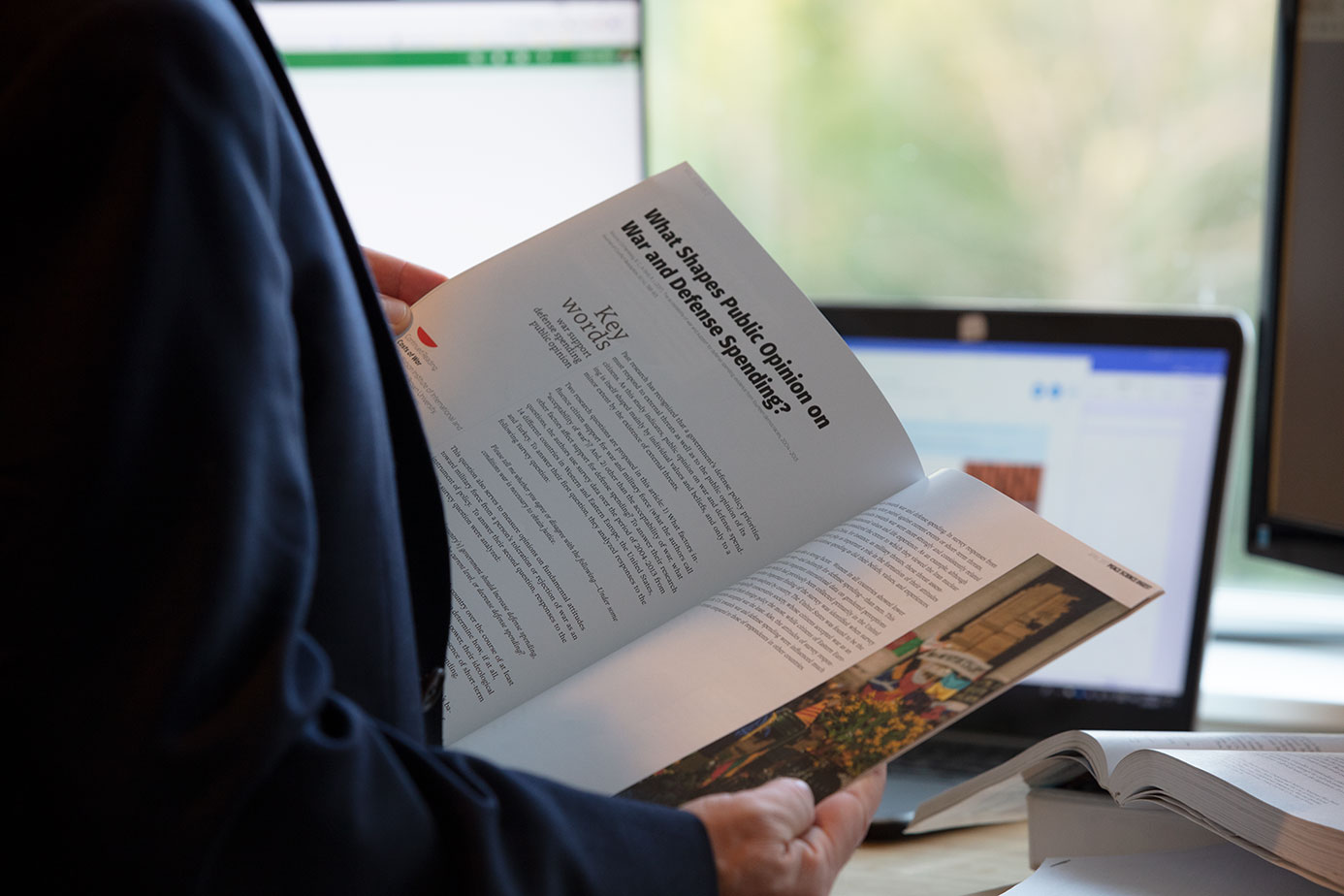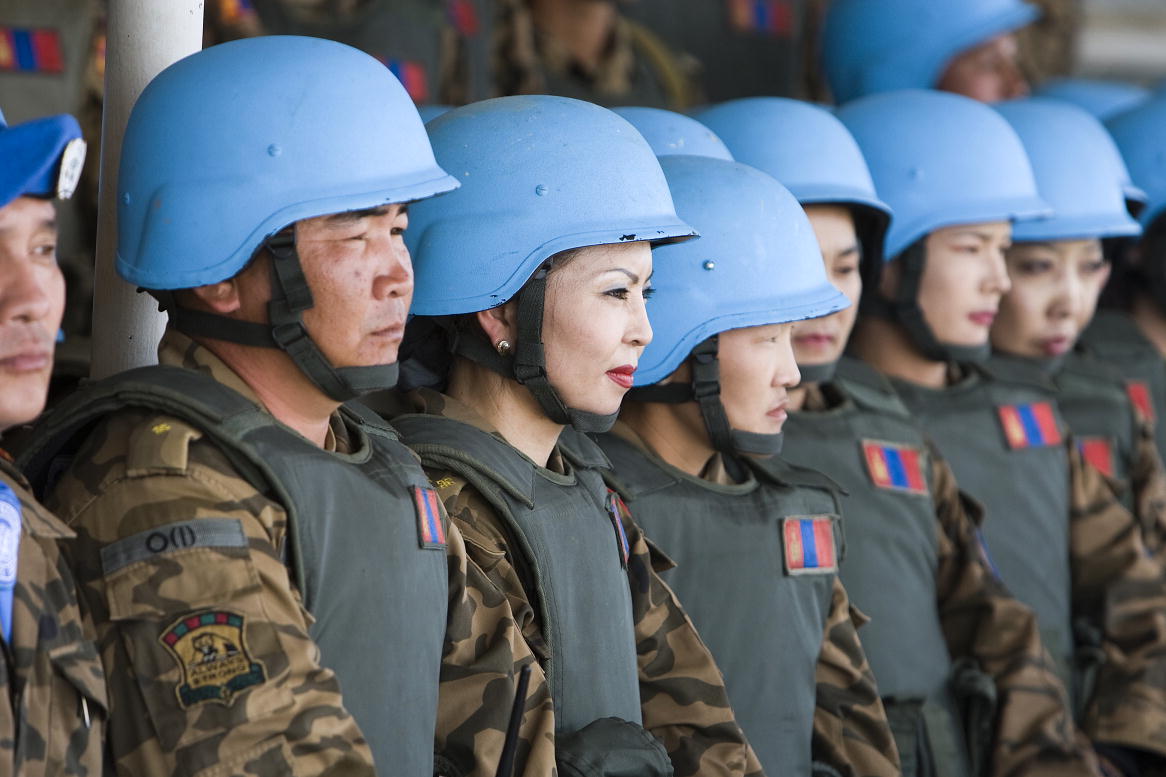Civilians Play Key Role in Promoting Peaceful Elections in Liberia
Civilians played an important role in maintaining peace through Liberia’s first democratic transition of power.
Credibility Is Key In U.S./North Korea Negotiations
In upcoming talks between the U.S. and North Korea, the credibility each party brings to the negotiation table is vital to the strength of any future peace agreement. And a lot of work needs to be done on both sides to make sure credibility exists and remains intact.
In Afghanistan, Religious Leaders Are Working For Peace
The important role of religious leaders in shaping and supporting the peace process in Afghanistan.
Stop Military Exercises And Give Diplomacy A Chance
Context: “On the heels of a meeting between North and South Korea in which Kim Jong-un reportedly put denuclearization on the table, a grassroots coalition of more than 200 anti-war organizations and activists sent an open letter (pdf) to President Donald Trump on Thursday calling on his administration to help further “the current momentum … Read more
Gender and Nuclear Weapons
Context: “Nuclear weapons are loaded with symbolism—of potency, protection, and the power to “deter” through material “strength”. For many, such symbolism obscures the real point of the existence of these arms—to destroy—and their horrendous effects. Possessing and brandishing an extraordinarily destructive capacity is a form of dominance associated with masculine … Read more
Invest in Pre-Conflict Prevention Before Post-Conflict Protection
Context: UN Secretary General António Guterres presented on his report of peacebuilding and sustaining peace during an informal gathering of the UN Assembly. “The imbalance between spending on conflict, and spending on peace, must be tackled head-on”, Secretary-General António Guterres said, urging the United Nations to rally all international actors … Read more
Social Media is Changing Conflict Dynamics
Social media has transformed the way that modern wars are fought. From the battlefields of eastern Ukraine to the bot factories of St. Petersburg, ordinary citizens with no military training are changing the course of conflicts with nothing more than a laptop or iPhone.
Women Are Critical to Nonviolent Movement Success
There is much to be gained through initiatives where women can convene to share knowledge, train, plan and develop solidarity networks for the struggles ahead. Creating women-led spaces that are informed by research helps build feminist momentum around the most pressing issues of our times.
The U.S. Nuclear Weapon Agenda is Dangerous and Expensive
The U.S. nuclear weapon agenda is dangerous and expensive
The Social Value of Nuclear Weapons
Nuclear Weapons gain their value from the social system they are created into. Therefore, their value is subject to change based on how society decides to perceive these weapons.
Undiscussed Terrorism: Victims of the U.S. Alt-Right.
Context: Often, members of alt-right, white nationalist/supremacy organizations conduct violent acts that are considered isolated incidences and do not carry the same terrorism label as similar acts performed by non-white groups. In the News: Over the last four years, at least 13 alt-right related terrorism incidents have left 43 dead and more … Read more


